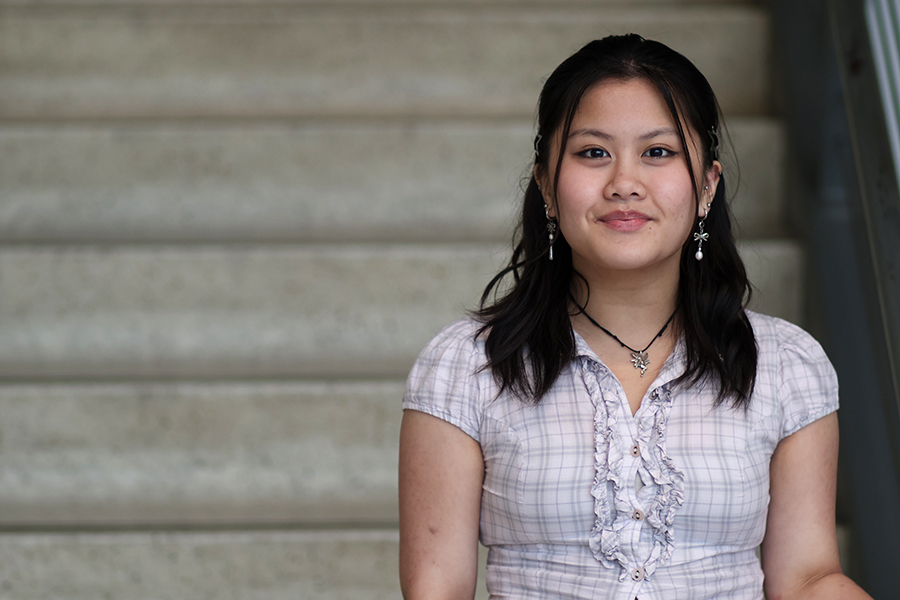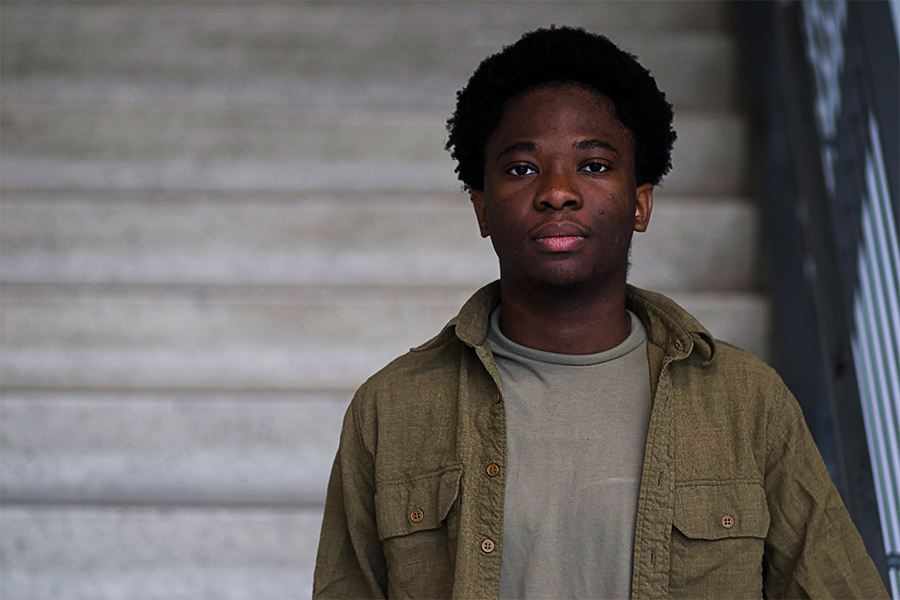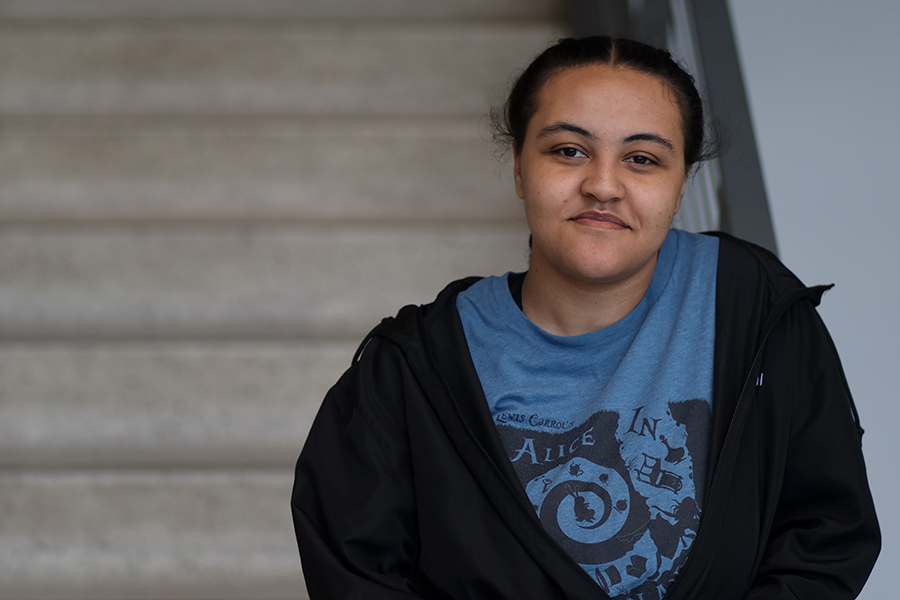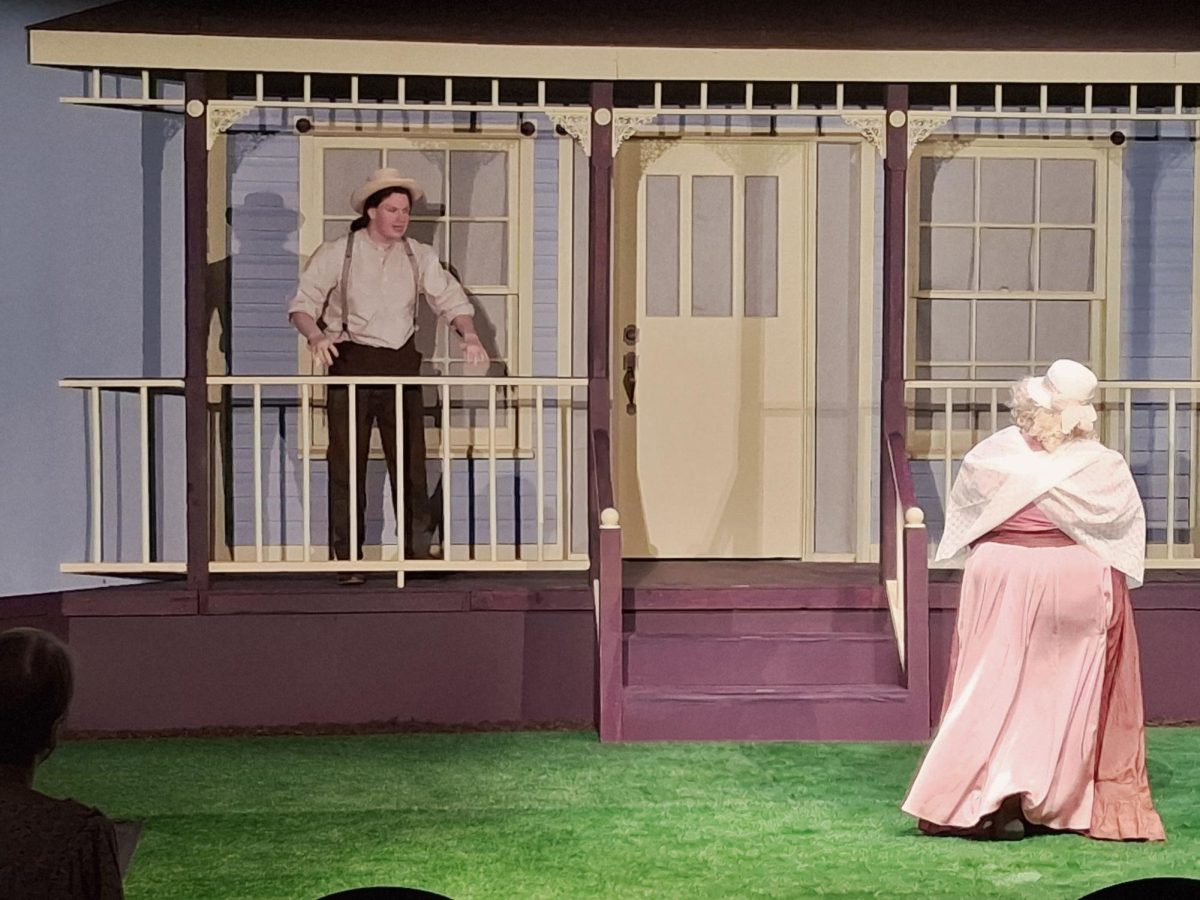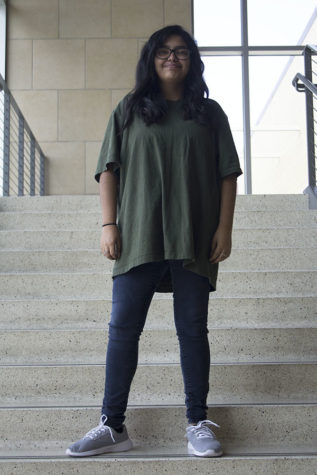It all started when Marinez Tachiquin was just 2 years old. No one except her mother, Raquel Tachiquin, noticed when her daughter felt the need to drink water and go to the bathroom more often than usual. When she took Marinez to the doctor they’d brush it off and say nothing was wrong. It wasn’t until Marinez was in first grade when her teacher noticed the effect it had on Marinez when she wasn’t allowed to get a drink of water. After taking Marinez back to the doctor and conducting a more thorough search, Marinez was diagnosed with diabetes insipidus.
“She noticed that my lips turned white so then she let me go drink water; she told my mom ‘I’ve seen this before, [she] should go see a specialist,’” Marinez said.
Only about 1 in 25,000 people are diagnosed with diabetes insipidus at some point in their lives. While kidneys usually pass between one to two quarts of urine a day, the kidneys of someone with diabetes insipidus pass three to 20 quarts of urine a day. This makes those with diabetes insipidus feel the need to drink more water.
For Raquel, finding out her daughter had this rare disease was one of the most distraught moments in her life. It was finally an answer as to why Marinez became dehydrated so easily when outside for longs periods of time. However, an episode of House brought her a little bit of comfort that her daughter would be OK.
“I was both scared and sad, but not as scared because I had seen an episode of House where [Dr. Gregory] helped out a patient who had the same disease as her,” Raquel said. “I was sad because I knew she was going to have this disease for the rest of her life. Sometimes you blame yourself because you think what you could have done better so she wouldn’t [have] this disease.”
Marinez was given three choices of medicines to help her out with her condition, but it was a struggle finding the perfect one.
“You could take it through a shot, a pill [or] the nasal spray,” Marinez said. “I started taking the pills; the pills didn’t work for me. I told them that and [they said] there’s also [a nasal spray]. I tried it and it works for me.”
For Marinez, several obstacles have been thrown her way because of her condition, but the biggest one is not being able to go outside as much. However, she has found a way to get around this by altering her medication schedule.
“I feel like I’m not normal; I can’t do things and I have to rethink things [and] see how [my schedule] can be rearranged,” Marinez said. “I have to be an adult with my medical condition. If I have something [going on] I change [when I take my medicine] without the doctor knowing because I know when I need it. Like the band concerts, usually my medicine runs out around like 6, 7 or 8 [so I alter my medication schedule throughout the day so it lasts into the night].”
Despite having to schedule her days wisely, Marinez’s disease doesn’t affect life with her family as much as her social life.
“It hasn’t affected us in a major way, but it did put restrictions on what we do as a family like in public and such,” Marinez’s sister Liliana Taquichin said. “I feel like it [also] means a bond because honestly if she didn’t have this disease we couldn’t be as close as we are now.”
Even though Marinez knows she will have this disease for the rest of her life, it hasn’t brought her down and instead has only given her confidence as she accepts being unique.
“I feel like I’m special,” Marinez said. “I’m rare because I haven’t met anyone with [diabetes insipidus]. I never want this disease to define me as a person because yes it is a part of me, but it’s not actually me.”

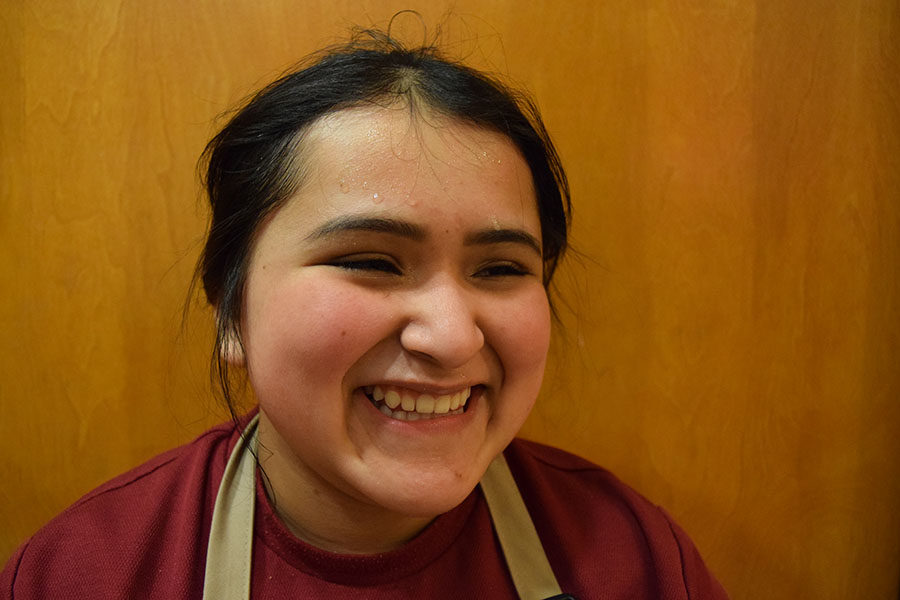
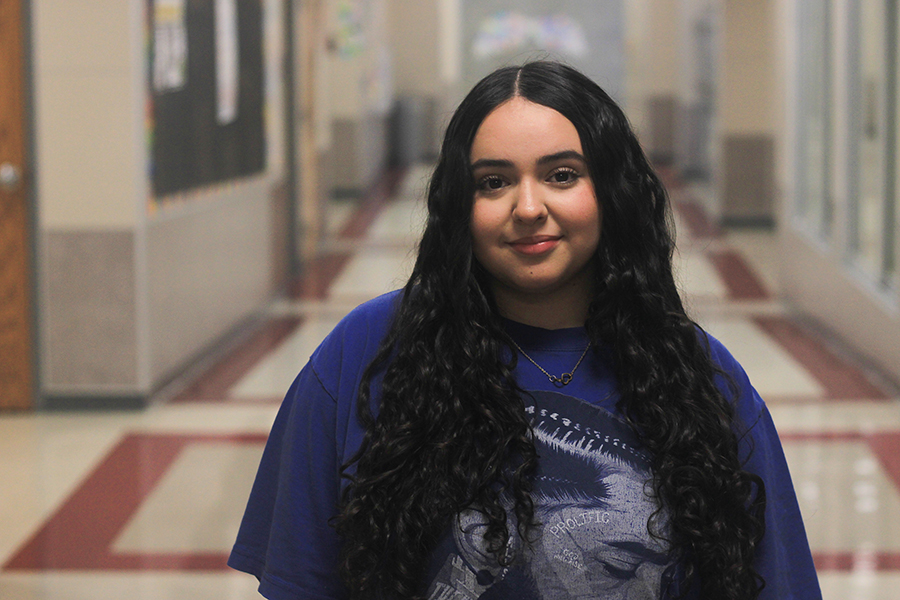
!["I hope to become fond [of] and understand the new dynamic of a life where I don't really have boundaries set by another person, but rather more of a liberal freedom."](https://farhar.net/wp-content/uploads/2025/05/topten9.jpg)
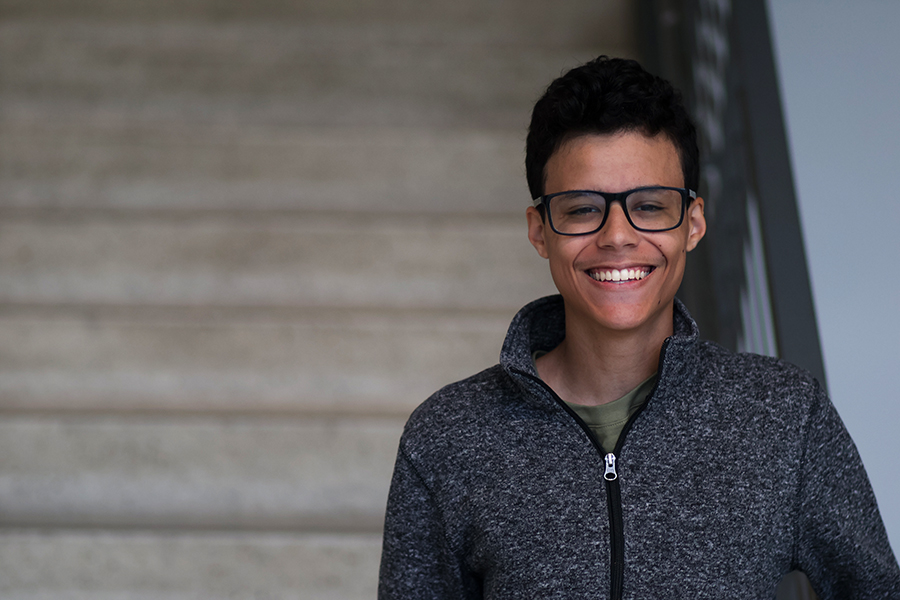
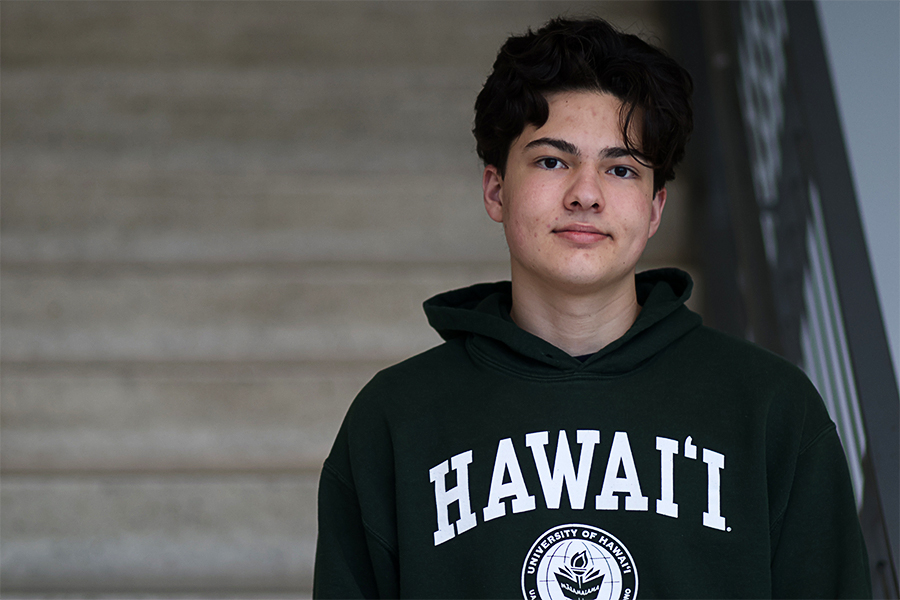
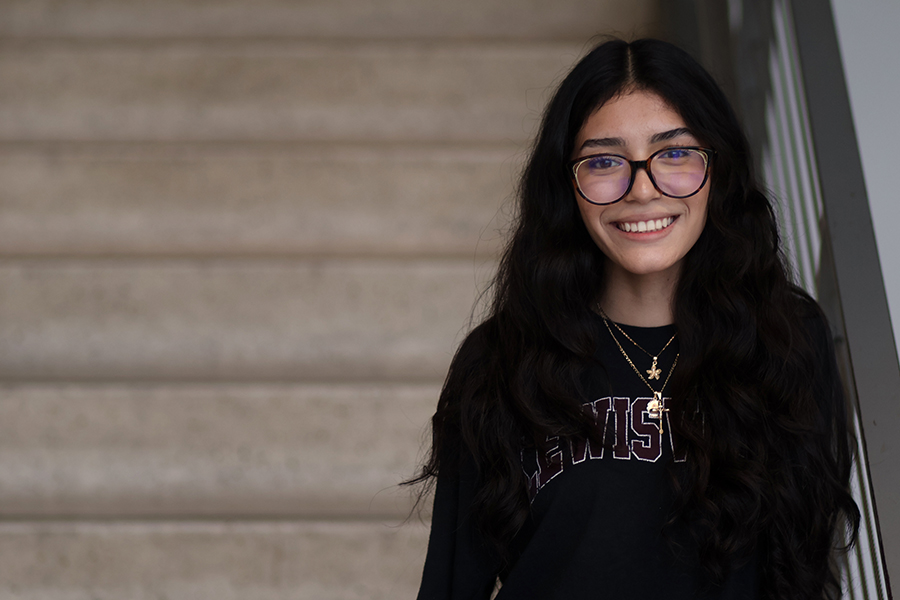


!["Learning is a really important aspect of high school – that's why we're here. I think the whole top ten thing can also encourage somebody [to] focus on grades and not the actual learning."](https://farhar.net/wp-content/uploads/2025/05/topten6.jpg)
